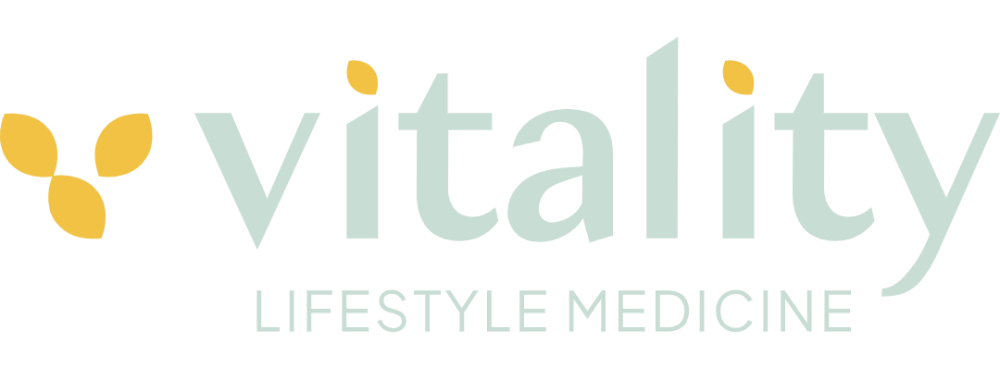Understanding Weight Gain in Menopause: What’s Really Going On
Nov 10, 2025
Many women tell me they’re eating the same, exercising the same, and yet their clothes are suddenly tighter and they can’t do up their bra. It can feel frustrating and unfair, and it’s easy to blame yourself. But weight gain in midlife isn’t about willpower. It’s a complex mix of hormonal changes, metabolic shifts, stress, sleep, and lifestyle demands that all collide at the same time.
Let’s unpack what’s really happening beneath the surface.
Hormonal Changes and Insulin Resistance
As oestrogen levels decline during perimenopause and menopause, a number of subtle metabolic changes take place. One of the most important is a gradual reduction in insulin sensitivity, meaning your body becomes less efficient at moving glucose (from carbs and sugar) from the bloodstream into your cells.
When insulin resistance increases, the body tends to store more energy as fat, particularly around the abdomen. This can change your body composition, how you look and feel, and it’s also linked to a higher risk of metabolic syndrome and cardiovascular disease.
Oestrogen plays a protective role in how fat is distributed. When levels drop, fat storage shifts from the hips and thighs toward the tummy, where visceral fat surrounds the organs and causes harmful inflammation. At the same time, resting energy expenditure, or the amount of energy your body burns at rest, may decline slightly. This is partly due to changes in muscle mass and partly due to age.
So, if you’re doing all the same things you did in your thirties and seeing different results, there’s a reason for that.
Changing Movement Patterns
Research suggests that women in midlife also tend to move less, not necessarily by choice but as a by-product of changing routines, responsibilities, and energy levels.
The Study of Women’s Health Across the Nation (SWAN) and other longitudinal research have shown a measurable decline in physical activity and muscle strength during the menopausal transition. Everyday activity, the incidental movement that accumulates over the day, often drops as work, family, and fatigue compete for attention.
It’s not that women lose motivation; it’s that the demands of life increase while recovery and energy decline. Even small reductions in movement can make a meaningful difference to energy balance over time.
The Role of Stress and Sleep
Midlife is one of the busiest and most demanding stages of life. Many women are juggling career pressures, caring for family members, and managing emotional and physical changes all at once. Chronic stress raises cortisol levels, which encourages fat storage around the abdomen and contributes to muscle breakdown and insulin resistance.
Sleep disruption, whether from night sweats, anxiety, or the mental load of constant responsibility, compounds the problem. Poor sleep affects hunger hormones, reduces insulin sensitivity, and lowers impulse control around food.
These aren’t your fault. They’re physiological responses to a body and brain under strain.
What Helps
There’s no single solution, but small, evidence-based changes can make a big difference over time.
- Prioritise strength training. Building and maintaining muscle helps preserve metabolism and improve insulin sensitivity.
- Keep moving. Find ways to weave more activity into daily life, such as walking, gardening, or stretching between tasks, not just formal exercise.
- Protect your sleep. Aim for regular bedtime routines, limit alcohol and screens, and consider mindfulness or relaxation techniques before bed.
- Manage stress deliberately. Breathing practices, time in nature, journaling, or setting boundaries with your time all make a difference.
- Eat for stability, not restriction. Focus on protein, fibre, and minimally processed foods. Avoid severe calorie restriction, which can worsen fatigue and muscle loss.
Self Compassion
Weight gain in menopause isn’t a personal failure. It’s your body adapting to a new hormonal landscape while you’re juggling a lot of competing demands. Midlife is FULL ON, and brings a unique mix of changing hormones, shifting priorities, and sometimes disrupted sleep, all of which can make weight management harder.
When you work with your body instead of against it, everything becomes a little easier.

